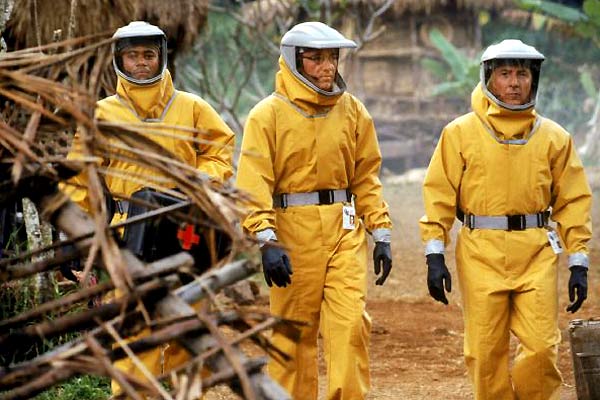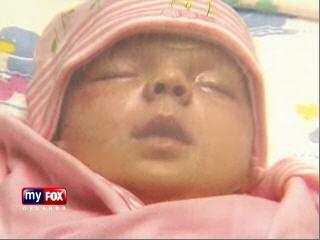A two-year-old girl from Stockholm has died after becoming infected with the EHEC bacteria.
The girl fell ill during a visit to Mora in central Sweden last Sunday. She died a few days later. The source of the infection is not yet known.
Enterohaemorrhagic E. coli (EHEC) is an intestinal bacterium primarily found in the saliva and bodily waste of cattle, sheep and goats but infections can also be transmitted from person to person and via food.
The Swedish Institute for Infectious Disease Control (Smittskyddsinstitutet) said it had received around 100 reports of EHEC infections so far this year, which it said was a normal figure. Infections are most common during the summer.
The last time a person died in Sweden after being infected with the bacteria was in 2005. That too was an isolated case that did not result in an epidemic, said Smittskyddsinstitutet in a statement.


.jpg) The Department of Public Health has identified four cases of the listerioris. 2 of the victims have died. The cases occurred in June, October and two in November. The four cases involved three elderly residents and a pregnant woman from Worcester county.
The Department of Public Health has identified four cases of the listerioris. 2 of the victims have died. The cases occurred in June, October and two in November. The four cases involved three elderly residents and a pregnant woman from Worcester county. William Godwin was quoted as saying,
William Godwin was quoted as saying,  14-year-old Kayla Boner of Monroe, Iowa, died last week from E. coli and kidney failure.
14-year-old Kayla Boner of Monroe, Iowa, died last week from E. coli and kidney failure. In a bizarrely inaccurate statement, Owen Roberts, a public relations-type for the University of Guelph in Canada, wrote in the
In a bizarrely inaccurate statement, Owen Roberts, a public relations-type for the University of Guelph in Canada, wrote in the (1)(1).jpg) Sharon Mills, the mother of five-year-old Mason Jones, said she will campaign for a change in the law after William John Tudor, the butcher who caused the Wales E. coli O157 outbreak that killed Mason, was jailed for 12 months, adding it "sends a strong message that a change in the law is needed."
Sharon Mills, the mother of five-year-old Mason Jones, said she will campaign for a change in the law after William John Tudor, the butcher who caused the Wales E. coli O157 outbreak that killed Mason, was jailed for 12 months, adding it "sends a strong message that a change in the law is needed."